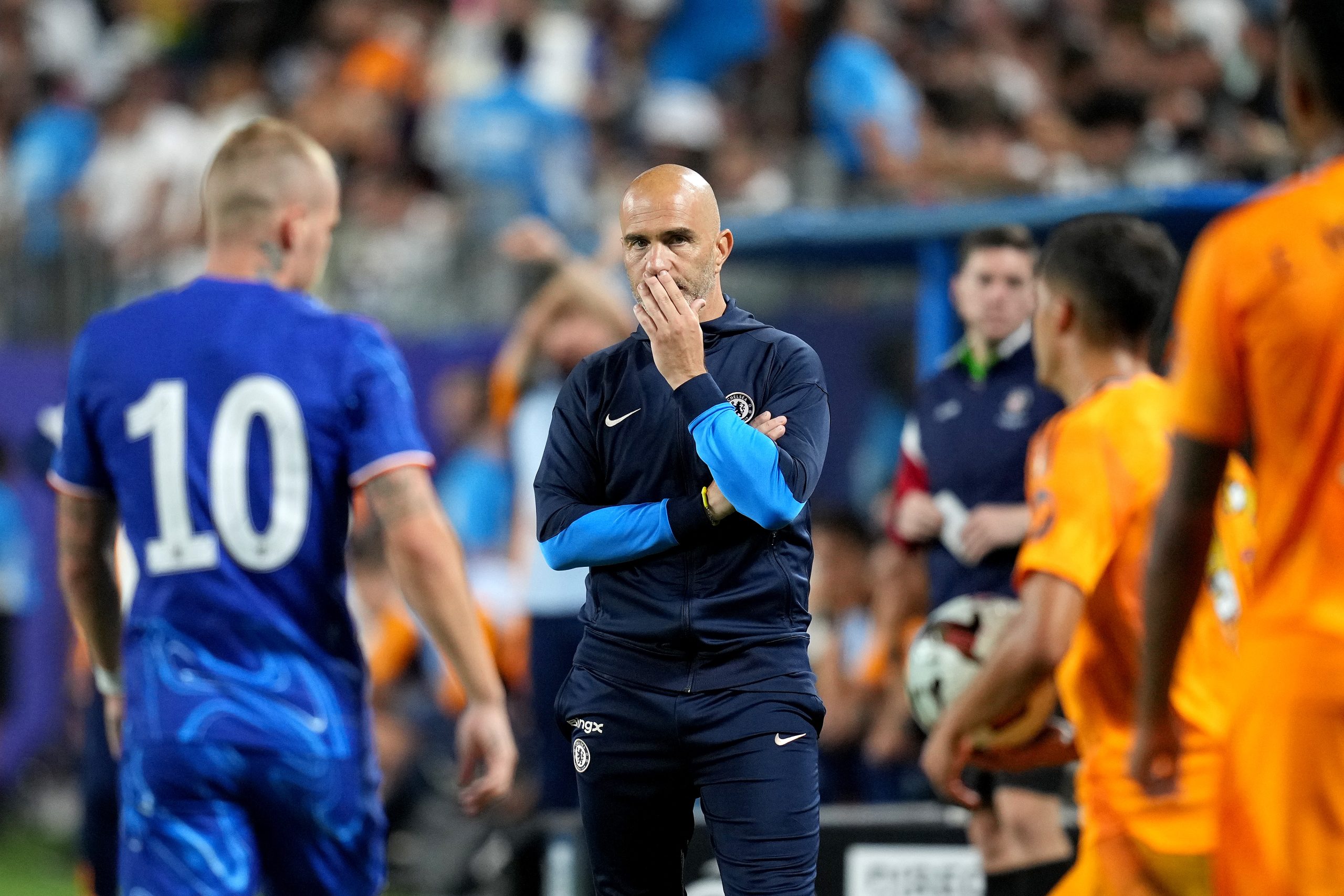The term ‘sleeping giant’ is one which is used far too often in the world of football, but it is the perfect metaphor to describe AC Milan.
With their last Scudetto coming in 2011 when they boasted the likes of Andrea Pirlo, Clarence Seedorf and Zlatan Ibrahimovic, it has been a barren spell for the red half of Milan.
The only honour the Rossoneri have claimed during this period was the 2017 Italian Super Cup but the good times appear to be slowly returning to the San Siro.
Heading into the final weekend of the Serie A season, AC lead local rivals Inter by two points and know that a win over 11th placed Sassuolo will ensure the club draws level with Inter on 19 league titles apiece.
It is no accident that the famous Red and Black have managed to rekindle the form of their iconic past though. With 14 of the last 15 titles being won by either Juventus or Inter, AC have managed to break the duopoly which has plagued Italian football.
The process began in contentious circumstances in 2018, when the absent former owner Li Yonghong defaulted on his debt of almost half a billion euros to Elliott Management Group, a US based investment firm.
This change of ownership set about a series of events which completely restructured the Italian side. Firstly, legendary former captain Paolo Maldini was appointed as the new Sporting and Development Director for the club, a role he has since graduated from to become Technical Director.

His experience with and knowledge of the club helped massively as the new owners sought to recapture the winning mentality of the great Milan sides of the past.
Former manager Leonardo was also brought in to aid in the restructuring of the club and was placed in the role of Sporting Director. Although only lasting a year in the role before departing for PSG, Leonardo acted as an experienced pair of hands at a time of great upheaval around the San Siro.
The most surprising addition to the new-look AC hierarchy was undoubtedly the decision to employ Ivan Gazidis as the club’s new Chief Executive.
A much-maligned figure during his time in the same position at Arsenal, Gazidis unsuccessfully oversaw the transition of power from Arsene Wenger to Unai Emery.

Whilst this would have been a difficult task for any Chief Executive, replacing an iconic manager synonymous with a club, Gazidis suffered from mishaps in other areas at Arsenal too.
In his ten years at the club, Arsenal entered a period of stagnation which ultimately led to their failure to qualify for the Champions League for the first time in two decades.
Despite the apathy shown towards Gazidis during his stint at the Emirates Stadium, few could argue about his work at Milan. Under his stewardship, the club has gone from strength to strength. In Gazidis’ first campaign overseeing football operations, AC finished in fifth place, their best finish for six seasons.
Just two years later, a second-place finish saw the Rossoneri reach the holy grail that was Champions League football for the first time in eight years. Now, with the club on the cusp of the biggest prize in Italian football, Gazidis’ appears to be enjoying the eve of his coronation.

Gazidis’ contacts from his time in English football have also proved to be of great help. With the signings of Fikayo Tomori and Olivier Giroud from Chelsea, coupled with shrewd acquisitions such as French goalkeeper Mike Maignan and young midfielder Sandro Tonali, the AC squad has received the facelift required to compete with the likes of Juve and Inter.
When former Parma and Fiorentina defender Stefano Pioli was named as the club’s new manager in the early days of the new ownership, there were many fans left underwhelmed. The experienced coach was seen as somewhat of a journeyman on the Italian managerial scene, having been in charge of 12 Serie A and Serie B sides in just 16 years.
However, AC have undergone a tactical renaissance that few expected. Pioli favours the 4-2-3-1 system in which he relies heavily on his energetic full backs Theo Hernandez and Davide Calabria to take up central attacking positions, pinning back their opposition.
In Olivier Giroud, they have found the perfect foil to connect this new attacking system, one which is at odds with the traditional 4-4-2 defensive formation utilised in Italian football.

With the groundwork already laid both on the pitch and at board level, whether or not AC hold their nerve this weekend to clinch the Scudetto is not the defining moment for this new side. Whatever the outcome in Sassuolo on Sunday evening, the goal of Champions League football has been attained.
Rather, sustaining this newfound momentum and continuing to challenge Inter and Juve over a larger period of time to restore their status as giants must be the true objective.
The Rossoneri are back. That’s not just good news for Italian football, but European football as a whole.
















![Tunisia: President of Republic Meets PM and Stresses ‘Need to Break With ‘Old Laws’ [upd 1] Tunisia: President of Republic Meets PM and Stresses ‘Need to Break With ‘Old Laws’ [upd 1]](https://cdn08.allafrica.com/static/images/structure/aa-logo-rgba-no-text-square.png)



Discussion about this post